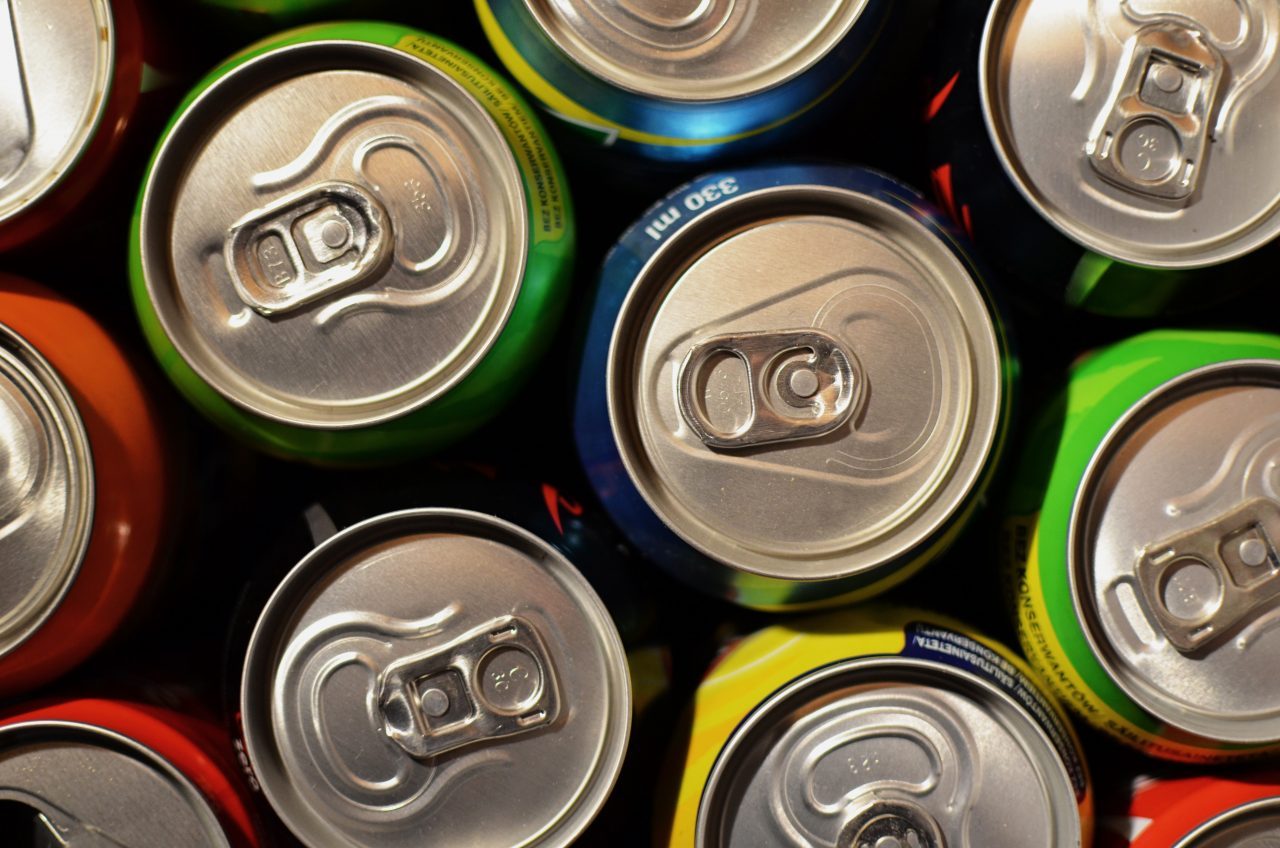
By Ezikefe Moses
The ongoing saga of economic recovery takes a new twist as the battleground of taxation shifts to sugary-sweetened beverages (SSBs). A wave of anti-SSB taxes, championed by internationally funded groups, is gaining momentum, raising concerns about its impact on jobs and the viability of the Nigerian beverage companies already grappling with losses.
Government, seeking to bolster public health initiatives and address budget shortfalls, is increasingly eyeing SSBs as a potential revenue stream. Proponents argue these taxes can curb sugary drink consumption, potentially leading to a healthier population with a reduced burden of obesity and related health problems. However, operators in the nation’s beverage industry warn that these taxes could have unintended consequences, particularly for industries already struggling in a challenging economic climate.
The operators opined that one of the most pressing concerns surrounding anti-SSB taxes is their impact on employment within the industry. They claimed that companies, especially those already reporting losses, face the grim prospect of further job cuts as taxes erode their already
slim profit margins. Weakened demand due to changing consumer preferences and economic downturns further squeezes these companies, making staying afloat an uphill battle.
Moreover, they asserted that the imposition of higher taxes on SSBs could exacerbate the financial woes of beverage companies already posting losses. For these businesses, which are often significant contributors to local economies through employment and tax revenue, the prospect of increased taxation, they argue, adds another layer of uncertainty to their future viability. Industry experts have however warned that the ripple effects of job losses extend beyond individual companies, impacting entire communities reliant on these industries. From manufacturing plants to distribution networks, the ecosystem supporting the production and sale of sugary drinks could face significant upheaval, leading to further economic strain.
Faced with mounting challenges, beverage companies are actively exploring strategies to adapt and survive in this increasingly hostile economic landscape. Some are diversifying their product portfolios, introducing healthier alternatives to traditional sugary beverages. Others are ramping up marketing efforts to target evolving consumer preferences. However, navigating this path remains fraught with obstacles, and the push for higher taxes by internationally funded groups adds another layer of complexity to the already convoluted situation.
To some of the beverage operators, balancing public health objectives with economic realities requires a nuanced approach. They maintained that policymakers need to collaborate with stakeholders to develop solutions that mitigate the potential negative impacts on employment and industry sustainability. This, they stressed, might involve the following.
Firstly, they are calling for what they termed ‘Incentivizing Innovation’. This allows for the government to provide tax breaks or subsidies for research and development of healthier beverage options. Aside from this, they are also of the opinion that there should be transparency and collaboration. The essence of this is to ensure transparency in how tax revenue is used for public health initiatives and involve stakeholder groups in the policymaking process.
Industry watchers are of the opinion that the debate over anti-SSB taxes needs to move beyond simplistic narratives. Their submission is based on the premise that finding a delicate balance between public health imperatives and economic considerations will be essential to chart a path toward a healthier future that doesn‘t come at the expense of livelihoods and communities.
They concluded thus: The Nigerian beverage sector is an essential pillar of the economy, not just quenching thirst but also creating jobs, generating revenue, and serving the needs of the nation. While public health concerns are important, a one-size-fits-all approach to taxation
could create a human and economic crisis. Let‘s work together to find solutions that keep the Nigerian beverage industry fizzing with job creation, economic growth, and a commitment to public health. Only then can we raise a glass to a truly sustainable future for the industry and its workforce.










